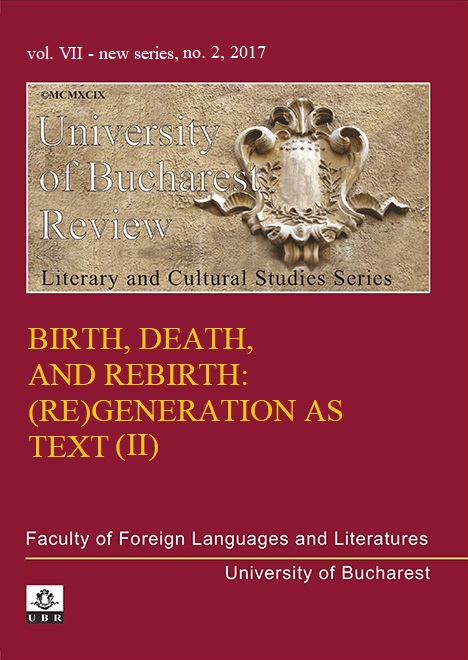ROBERT BROWNING’S POETICS OF
RESURRECTION IN ‘TRANSCENDENTALISM:
A POEM IN TWELVE BOOKS’
ROBERT BROWNING’S POETICS OF
RESURRECTION IN ‘TRANSCENDENTALISM:
A POEM IN TWELVE BOOKS’
Author(s): Gal ManorSubject(s): Poetry
Published by: Editura Universităţii din Bucureşti
Keywords: Robert Browning; Resurrection; Transcendentalism; Men and Women; Jacob Boehme; Magic;
Summary/Abstract: Resurrection is a recurring metaphor for poetry in Robert Browning’s poems, plays and correspondence. Yet his attitude towards this trope is a conflicted one, as Browning often associates resurrection with an objectionable sacrilegious quest as well as with popular forms of Victorian magic, such as spiritualism and mesmerism, which he abhorred. In spite of this seeming rejection of magic,Browning’s attitude towards magicians and magic language is also characterized by fascination and attraction, triggered by the occult books he read in his father’s large and eccentric library. As a result, magicians and mystical theories often appear in his work, from his first published work, “Pauline” (1833), to his last publication, Asolando (1889). One example of the importance of magic to Browning’s poetics of resurrection is the poem ‘‘Transcendentalism’ : A Poem in Twelve Books’ (1855), in which Browning conjures up a dead magician so as to compare ‘musty volumes’ of ineffectual prose with resuscitative poetry inspired by Jacob Boehme’s mysticalnotions of language. Indeed, Browning’s dramatic monologues in Men and Women(1855) aim to emulate the resurrecting ‘brace of rhymes’ uttered by the mage in ‘Transcendentalism’ so as to galvanise his poetry and gain popular recognition after years of derision and indifference to his work.
Journal: University of Bucharest Review. Literary and Cultural Studies Series
- Issue Year: VII/2017
- Issue No: 2
- Page Range: 49-58
- Page Count: 10
- Language: English

